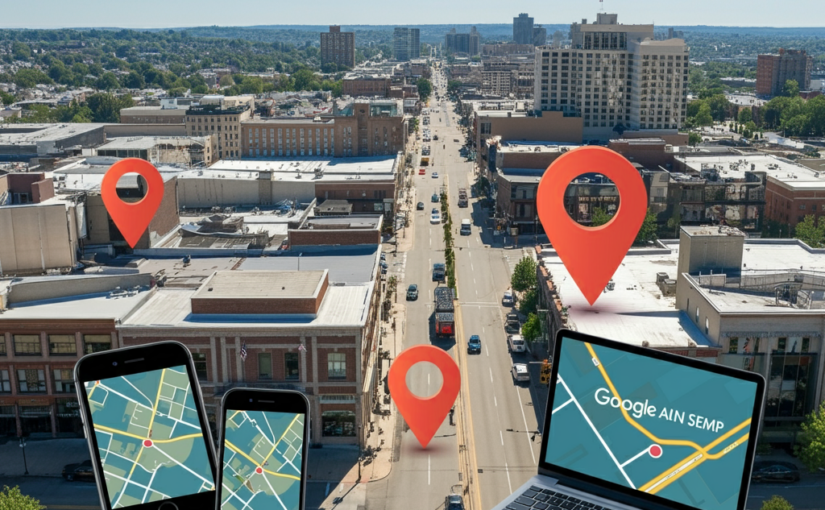Last Updated on 2 Nov 2024 by NS
Navigating the Complexities of Multi-Location Businesses
Multi-location businesses face unique challenges in meeting consumer expectations in today’s digital age. With the rapid growth of mobile technology and the increasing importance of local search, businesses need to adapt their strategies to stay competitive.
The Challenges
- Consistent Customer Experience: Ensuring a unified brand experience across multiple locations can be complex.
- Local Search Optimization: Optimizing each location for local search requires significant time and resources.
- Mobile Optimization: Creating a seamless mobile experience for customers across all locations is essential.
- Data Management: Managing location data, including hours, addresses, and phone numbers, can be overwhelming.
Overcoming the Challenges
To thrive in today’s competitive landscape, multi-location businesses must prioritize the following strategies:
1. Local Landing Pages: The Cornerstone of Local SEO
- Create Unique Pages: Each location should have its own dedicated landing page with specific information about that location, such as address, phone number, hours, and a detailed description of services offered.
- Optimize for Local Keywords: Incorporate location-specific keywords, such as “city name” + “business type,” to improve local search rankings.
- Leverage Structured Data: Implement schema markup to help search engines understand the content on your pages and display rich snippets in search results.
- Build Local Citations: Ensure consistent NAP (name, address, phone number) information across online directories and platforms.
2. Mobile Optimization: A Must-Have
- Responsive Design: Create a website that adapts to different screen sizes to provide a seamless user experience.
- Mobile-Friendly Local Listings: Optimize your Google My Business listings for mobile devices to ensure accurate information and easy access to directions.
- Click-to-Call Functionality: Make it easy for customers to contact your business directly from their mobile devices.
- Local Mobile Ads: Utilize location-based advertising to reach customers on the go.
3. Leveraging Location Data
- Centralized Management Platform: Use a location management platform to efficiently manage location data across all online channels.
- Real-Time Updates: Ensure that location information, such as hours of operation and store inventory, is accurate and up-to-date.
- Location-Based Analytics: Track customer behavior and preferences by location to identify opportunities for improvement.
4. Building Local Connections
- Community Engagement: Participate in local events, sponsor community initiatives, and collaborate with local businesses.
- Local Partnerships: Build relationships with local influencers and media outlets to increase brand visibility.
- Customer Reviews: Encourage customers to leave reviews on platforms like Google My Business and Yelp.
By implementing these strategies, multi-location businesses can enhance their online visibility, improve customer satisfaction, and drive foot traffic to their stores.. A comprehensive Local SEM Services strategy helps businesses attract more customers in their community by enhancing their visibility in search engine results for location-based searches.

